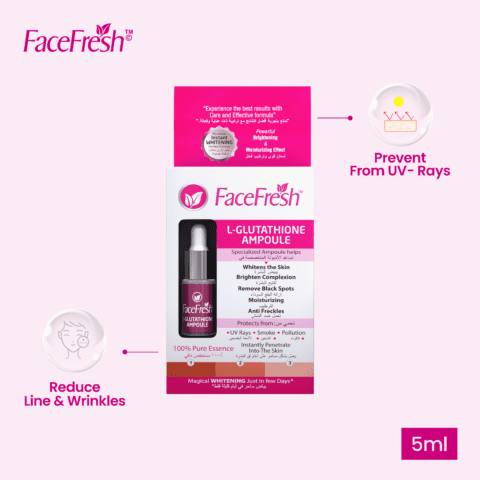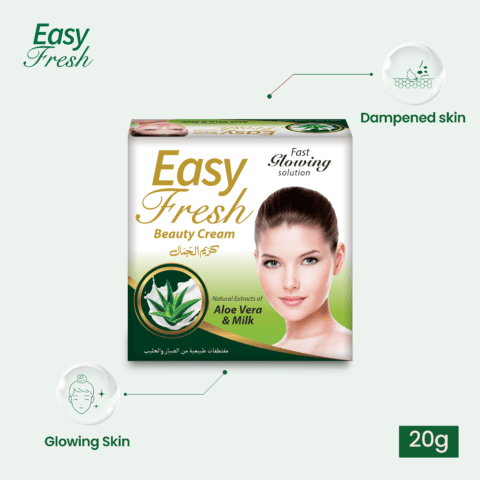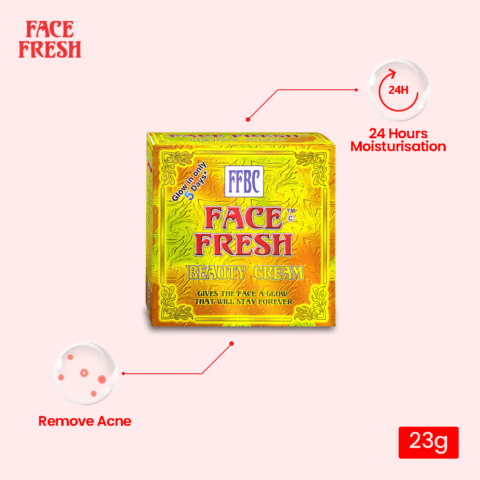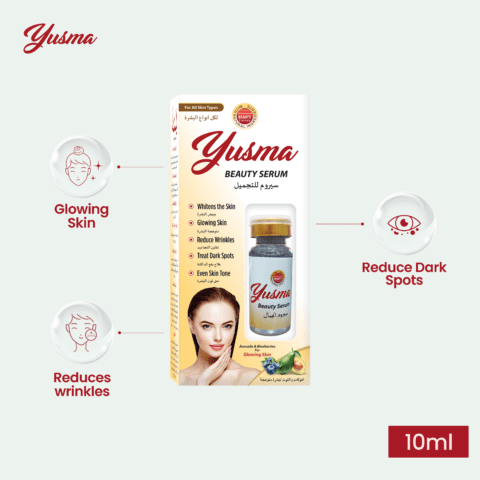Table of Contents
- Introduction
- Understanding Sensitive Skin
- Identifying Common Triggers
- Establishing a Gentle Skincare Routine
- Cleansing Sensitive Skin
- Choosing the Right Moisturizer
- Sun Protection for Delicate Skin
- Makeup Tips for Sensitive Skin
- Soothing Irritated Skin
- Nourishing Your Skin from Within
- Lifestyle Considerations for Sensitive Skin
- Clothing Choices for Sensitive Skin
- Avoiding Environmental Irritants
- Seeking Professional Advice
- Conclusion
- FAQs
Introduction
Having sensitive skin can be a challenge, as it tends to react easily to various environmental factors and skincare products. If you’re one of those individuals with delicate skin, you understand the importance of adopting a gentle approach to soothe and protect your skin. In this article, we will explore effective strategies to care for sensitive skin, from understanding its unique characteristics to incorporating suitable skincare practices into your daily routine.
Understanding Sensitive Skin
Sensitive skin refers to a skin type that is more prone to adverse reactions such as redness, irritation, itching, or stinging when exposed to certain substances or environmental conditions. It is essential to differentiate between sensitive skin and skin conditions such as eczema or rosacea, as the latter may require specific medical attention. Sensitive skin can occur in people of any age and can be influenced by genetic factors, allergies, or environmental factors.
Identifying Common Triggers
To effectively care for sensitive skin, it is crucial to identify common triggers that can cause irritation or flare-ups. Some common triggers include harsh chemicals, fragrance, excessive sun exposure, extreme temperatures, certain fabrics, and even stress. By recognizing these triggers, you can take proactive measures to minimize their impact and reduce the likelihood of skin reactions.
Establishing a Gentle Skincare Routine
Creating a gentle skincare routine is essential for maintaining the health and well-being of sensitive skin. It is recommended to opt for products specifically formulated for sensitive skin, as they are typically free from harsh chemicals, fragrances, and potential irritants. Additionally, patch testing new products before applying them to your entire face can help you determine their compatibility with your skin.
Cleansing Sensitive Skin
Cleansing sensitive skin requires a delicate touch to avoid stripping away natural oils or causing irritation. Opt for mild, fragrance-free cleansers that are gentle on the skin. Avoid using hot water, as it can further dehydrate your skin. Instead, opt for lukewarm water when cleansing your face. Pat your skin dry with a soft towel, being careful not to rub or tug at it.
Choosing the Right Moisturizer
Moisturizing is a crucial step in the skincare routine for sensitive skin. Look for moisturizers that are hypoallergenic, non-comedogenic, and free from potential irritants. Ingredients such as aloe vera, chamomile, and oat extract can provide soothing benefits. Apply your moisturizer to slightly damp skin to lock in moisture and provide a protective barrier.
Sun Protection for Delicate Skin
Sensitive skin is often more susceptible to sun damage, so adequate sun protection is essential. Choose a broad-spectrum sunscreen with a high SPF and apply it generously to all exposed areas of your body. Additionally, consider wearing protective clothing, such as wide-brimmed hats and lightweight, long-sleeved garments, when spending extended periods in the sun.
Makeup Tips for Sensitive Skin
When it comes to makeup for sensitive skin, opt for products labeled as hypoallergenic, non-comedogenic, and fragrance-free. Avoid heavy, oil-based foundations and instead choose lightweight, mineral-based options. Always remove your makeup before going to bed to allow your skin to breathe and regenerate overnight.
Soothing Irritated Skin
Inevitably, sensitive skin may experience occasional flare-ups or irritation. During such times, it is essential to adopt a soothing approach. Apply cool compresses to calm the skin and avoid scratching or rubbing the affected area. Look for skincare products containing ingredients like aloe vera, cucumber extract, or colloidal oatmeal, known for their soothing properties.
Nourishing Your Skin from Within
Taking care of sensitive skin goes beyond external measures. Pay attention to your diet and ensure it includes essential nutrients that support skin health. Incorporate foods rich in antioxidants, such as berries, leafy greens, and nuts. Stay hydrated by drinking an adequate amount of water daily to maintain skin hydration and overall well-being.
Lifestyle Considerations for Sensitive Skin
Certain lifestyle choices can significantly impact sensitive skin. Minimize stress levels through practices like meditation, deep breathing exercises, or engaging in activities that bring you joy. Avoid smoking and excessive alcohol consumption, as these habits can contribute to skin sensitivity and premature aging.
Clothing Choices for Sensitive Skin
The clothing you wear can also affect sensitive skin. Opt for breathable, natural fabrics like cotton or bamboo, which allow your skin to breathe. Avoid rough or scratchy materials, as they can cause irritation. When washing your clothes, use fragrance-free and hypoallergenic detergents to minimize the risk of skin reactions.
Avoiding Environmental Irritants
Environmental factors such as pollution, smoke, and dry air can aggravate sensitive skin. Whenever possible, limit your exposure to these irritants. Use air purifiers indoors to improve air quality, and consider investing in a humidifier to add moisture to the air, especially during dry seasons.
Seeking Professional Advice
If you’re struggling to manage your sensitive skin or experiencing persistent issues, it’s essential to consult a dermatologist or skincare professional. They can provide personalized advice, recommend suitable products, and suggest treatments tailored to your specific needs. Don’t hesitate to seek professional help to ensure the long-term health and well-being of your delicate skin.
Conclusion
Sensitive skin requires gentle care and attention to keep it healthy and comfortable. By understanding the triggers, establishing a suitable skincare routine, and making mindful choices in your lifestyle, you can soothe and protect your delicate skin effectively. Remember, everyone’s skin is unique, so it may take some experimentation to find the products and practices that work best for you. Embrace a nurturing approach to your skincare journey and enjoy the benefits of a calm and radiant complexion.
FAQs
1. Can sensitive skin be cured?
Sensitive skin cannot be cured, but its symptoms can be managed and minimized with appropriate skincare practices and lifestyle choices.
2. Are natural skincare products better for sensitive skin?
Natural skincare products can be beneficial for sensitive skin as they often contain fewer harsh chemicals and potential irritants. However, it’s essential to read the ingredient list and patch test new products to ensure compatibility with your skin.
3. Can stress affect sensitive skin?
Yes, stress can contribute to skin sensitivity and exacerbate existing skin conditions. Minimizing stress levels through relaxation techniques and self-care practices can help maintain skin health.
4. Can certain foods trigger skin reactions in sensitive individuals?
Yes, certain foods can trigger skin reactions in sensitive individuals. Common culprits include dairy products, spicy foods, and processed foods. Pay attention to your diet and observe any correlations between certain foods and skin reactions.
5. Is it necessary to use a separate sunscreen for sensitive skin?
Using a sunscreen specifically formulated for sensitive skin is recommended, as these products are often gentler and less likely to cause skin reactions. Look for broad-spectrum sunscreens with high SPF and hypoallergenic formulations.






Leave a comment
Your email address will not be published. Required fields are marked *